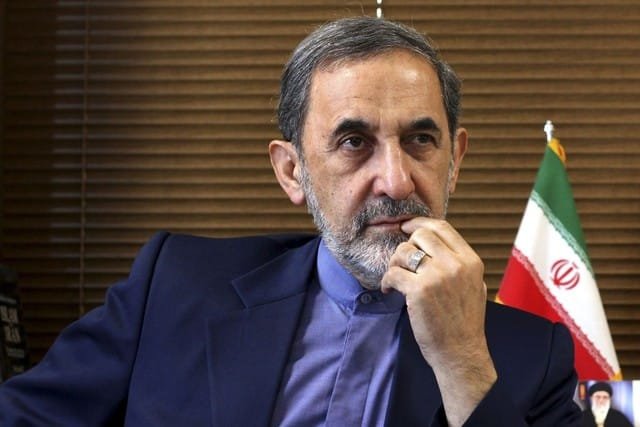Iran has issued a stark warning that it will block the U.S.-backed “Trump Route for International Peace and Prosperity” transit corridor also known as the Zangezur Corridor, “with or without Russia,” asserting that foreign control over this 43-kilometer link between mainland Azerbaijan and its Nakhchivan exclave through southern Armenia threatens Iran’s strategic access to the South Caucasus and its role in regional trade. A senior adviser to Ayatollah Khamenei, Ali Akbar Velayati, denounced the corridor as a U.S.–Israeli geopolitical plot designed to isolate Iran and undermine its security, even suggesting it could encircle Russia. Velayati asserted that Iran’s firm opposition had already derailed the initiative and that Iran is prepared to act unilaterally if necessary. Iranian lawmakers echoed the message, calling the proposal a clear red line and warning that any attempts to alter the corridor’s status would provoke a severe response.
Analysts highlight that Iran’s deep concern stems from the corridor’s threat to its land access through Armenia and its broader geopolitical influence, potentially forcing Iran to rely excessively on a route controlled by Azerbaijan or other foreign actors and diminishing its involvement in initiatives like China’s Belt and Road. The deal, brokered by U.S. President Donald Trump at the White House on August 8, 2025, grants the U.S. exclusive development rights including rail, pipelines, and fiber optics —and marks a major shift, reducing Russian influence while raising alarms for Iran.
Turkey welcomed the corridor as a boost to Eurasian connectivity, while Iran expressed cautious concern about the implications of increased Western involvement near its border. As tensions simmer, Iran’s unwavering stance signals a high-stakes standoff over the future of regional trade routes and strategic influence in the South Caucasus.





